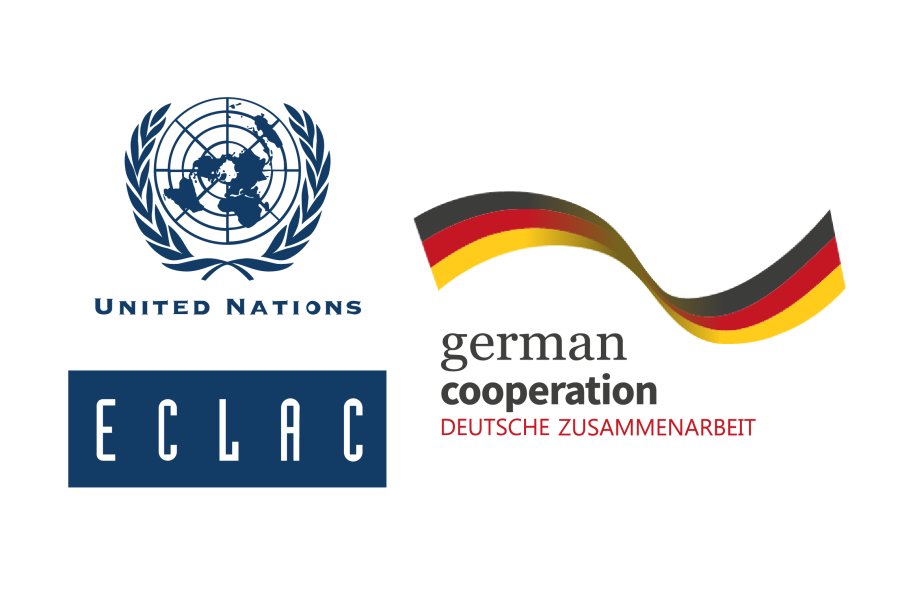Methodologies for the construction of environmental, climate change and disaster indicators in Uruguay
Work area(s)
The event, organized by the United Nations Economic Commission for Latin America and the Caribbean (ECLAC) Statistics Division, was attended by more than 45 people from 11 national and local institutions in Uruguay.

From February 17th to 20th, 2020, the course-workshop "Methodologies for the construction of environmental, climate change and disaster indicators" was held within the context of the ECLAC-BMZ/giz Cooperation Program. The event, organized by the United Nations Economic Commission for Latin America and the Caribbean (ECLAC) Statistics Division, also received the collaboration of the National Secretariat of Environment, Water and Climate Change, the Ministry of Housing, Land Management and Environment, the National Institute of Statistics and the National Emergency System of Uruguay.
The meeting's main goal was to strengthen and develop technical capacities across the country for the production, processing, systematization, sustainability and promotion of a set of indicators of climate change, extreme weather events, disasters, and environmental issues in Uruguay, which show the progress and fulfillment of the national SDGs, of the Nationally Determined Contribution (Paris Agreement) and the Sendai Action Framework.
As a result, the following 10 indicators calculated with real data from the country were obtained:
- Reduction rate in corn production associated with water deficit;
- Proportion of household energy expenditure;
- Incidence of high-risk infectious disease (Leptospirosis) related to rainfall and temperature;
- Proportion of area planted with agricultural crops with insurance coverage for climate risks;
- Evolution of annual temperature averages on the Uruguayan coast of the Rio de la Plata and the Atlantic Ocean;
- Evolution of annual accumulated rainfall on the Uruguayan coast of the Río de la Plata and the Atlantic Ocean;
- Evolution of the surface of land uses and coverage;
- Percentage variation of the surface land use and coverage;
- Proportion of people living in precariously built private homes;
- People affected by disasters in Uruguay.
More than 45 people participated in the event. They came from 11 Uruguayan institutions (national and local), such as the Ministry of Agriculture and Livestock, the Ministry of Public Health, the Ministry of Energy, the Montevideo and Canelones City Governments, the National Secretariat of Environment, Water and Climate Change, the Ministry of Housing, Land Management and Environment (Directorates of Climate Change, Water, Land Management, Natural Resources, Environment, Environmental Observatory), the National Institute of Statistics, the National Emergency System and the Uruguayan Institute of Meteorology. United Nations agencies (FAO, OIM, UNICEF and UNESCO) also participated.
